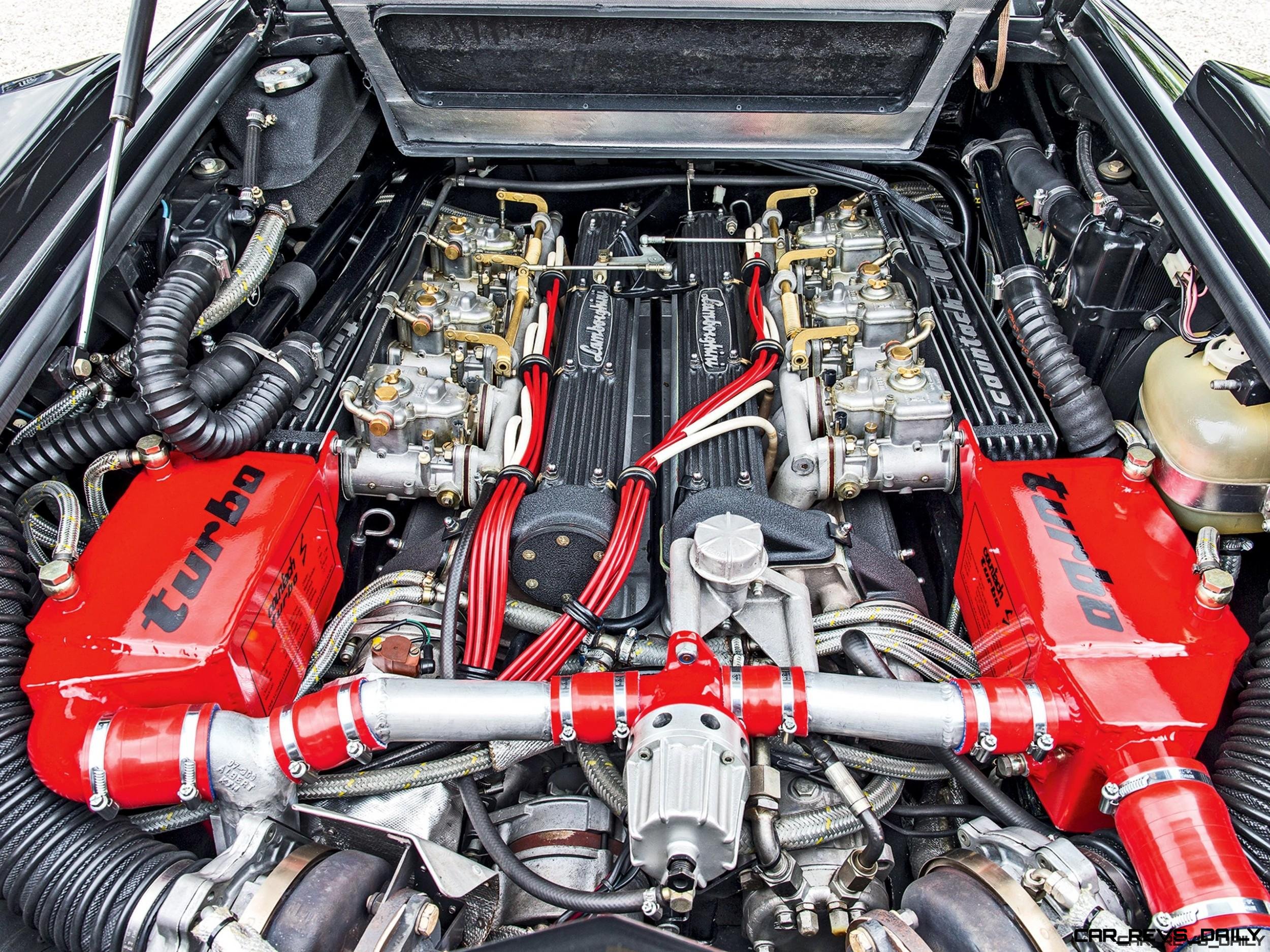Pop the hood on your modern car and you get — well, a lot of plastic, mostly. Despite the fact that car repairs are becoming less and less a chore you can do at home, it’s still possible to save a few bucks by changing your own oil, swapping your own brake pads and understanding how to change a tire. There are risks involved, though.
The reason Mom and Dad wanted that cushy desk job for you is that turning wrenches is hard on the body. Beyond the usual wear and tear, the prospect of being crushed under the weight of your vehicle, exposed to toxic chemicals or burned by metal car parts is always present. Understanding how to mitigate these threats will make your repairs and maintenance jobs quick and painless.
Prepare Your Workspace
First thing’s first: without a decent place to work, you won’t accomplish much. For the typical greasemonkey, this means a garage. Make sure it’s ventilated well and there’s plenty of light, both from stationary sources and auxiliary drop lights.
Did you know that garage doors are involved in 30,000 injuries per year? In the chaos of opening and closing the door to perform a small fix, you might open and close your garage door several times. Children are particularly susceptible, so make sure you have a modern door with proper sensors and a manual override to keep yourself and the kids safe.
Make sure your floor is clean and there’s nothing to slip or trip on. Falling with a power tool in your hand could be painful or even deadly. Try to keep your area at a decent temperature too, especially in the summer when heat stroke could be an issue. A small fan goes a long way.
Get Your Car off the Ground
Unless you own a lifted pickup truck, just about any significant mechanical job involves lifting your car off the ground. Lifting a vehicle that might weigh a couple tons is nothing to take lightly, and the ways to do it poorly far outnumber the ways to do it right.
Always make sure you’re working on a solid, level surface — we strongly recommend concrete. Always begin by locking the parking brake so the car doesn’t roll. This will also allow you to loosen lug nuts if your wheels need to come off. Next, lift the car with your jack — use a floor jack when you can — and then block it, preferably with jack stands.
General Repair Safety
Now that you’re ready to begin the repair itself, there are a few more things to keep in mind.
Never smoke while working on a car, since you’ll be in close contact with a number of flammable substances. If you’re performing electrical work, always disconnect your battery before you begin, to avoid being shocked. Never disconnect electrical connections with the battery on, as you could trigger your airbag. That’s an explosion you want to avoid unless absolutely necessary.
Use eye protection to keep metal flakes and other small particles, as well as fluids, out of your eyes. Never open the radiator cap on a hot car, and know where the exhaust manifold and plumbing runs on your car to avoid burning yourself.
Use Common Sense
These things might not seem like they require a PhD to think up, and they don’t. Still, you’re probably familiar with the way things can get hurried when you have something more fun to do, or a busy day of chores planned that require the car. Keep your wits about you and keep these things in mind, and all will go as planned.
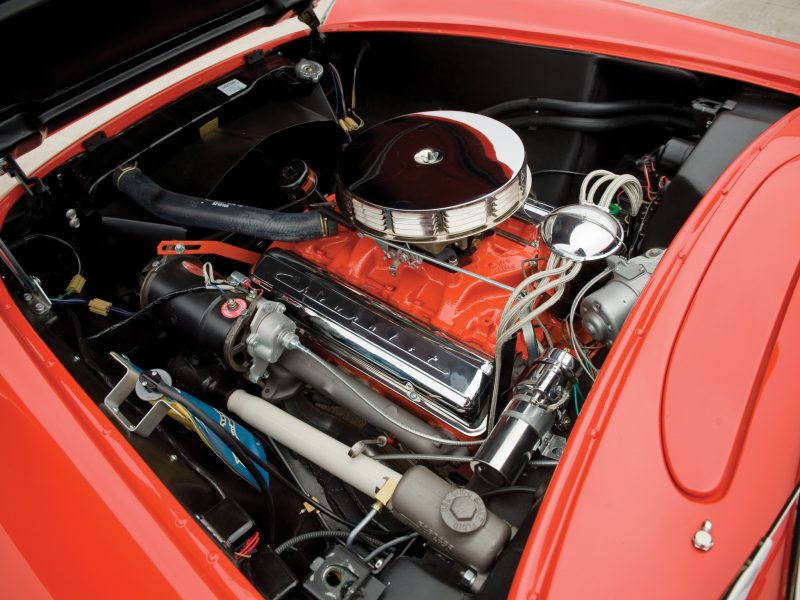
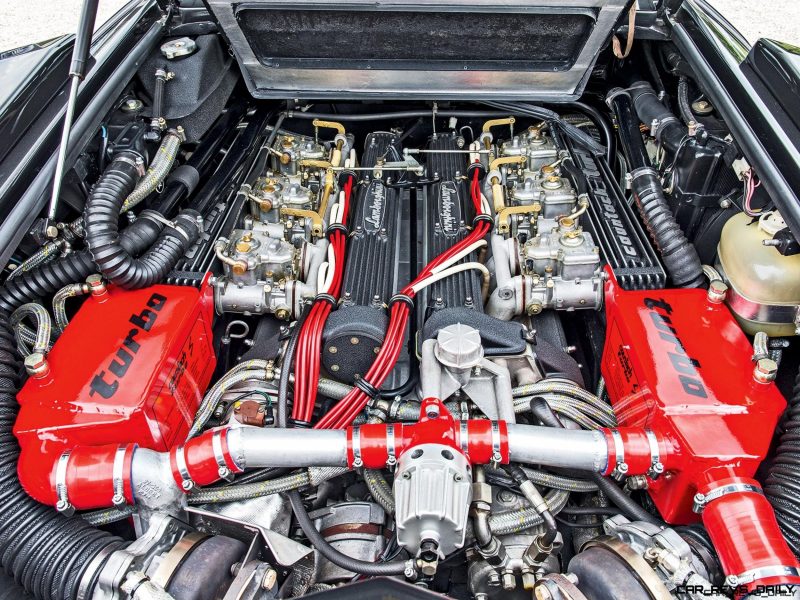
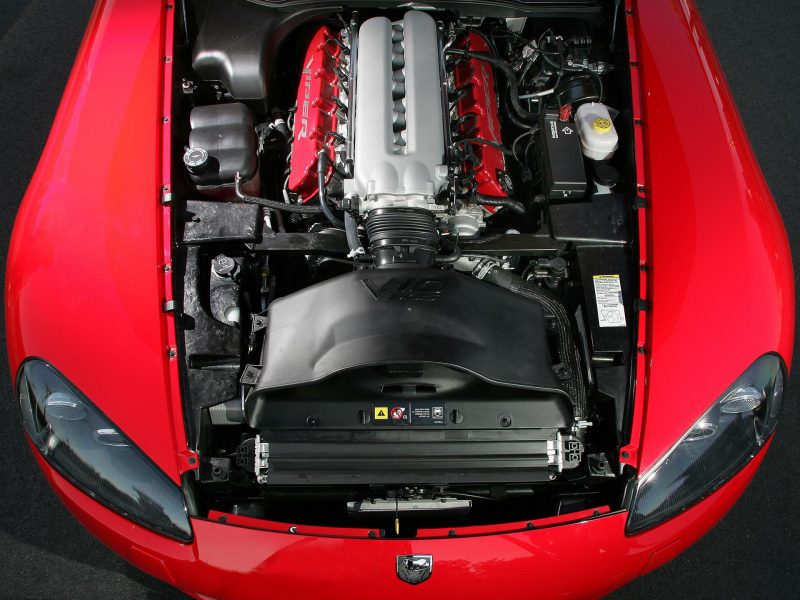
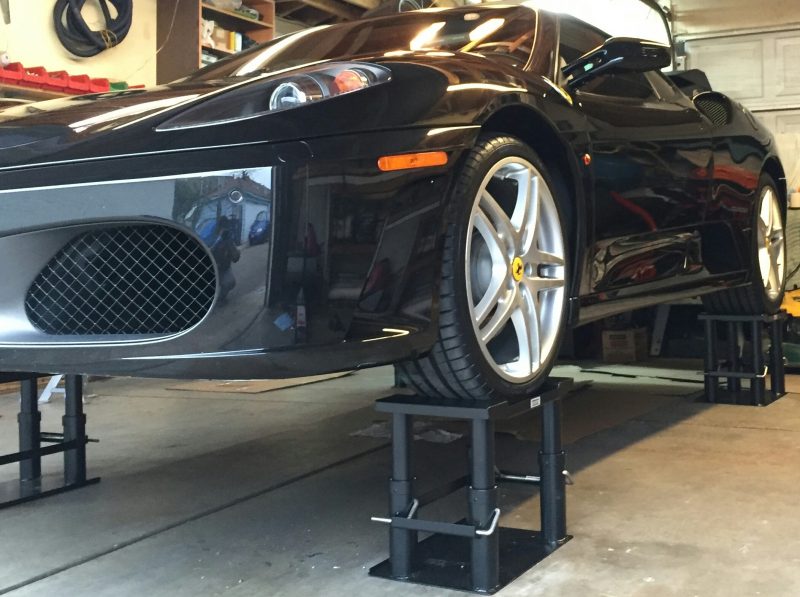
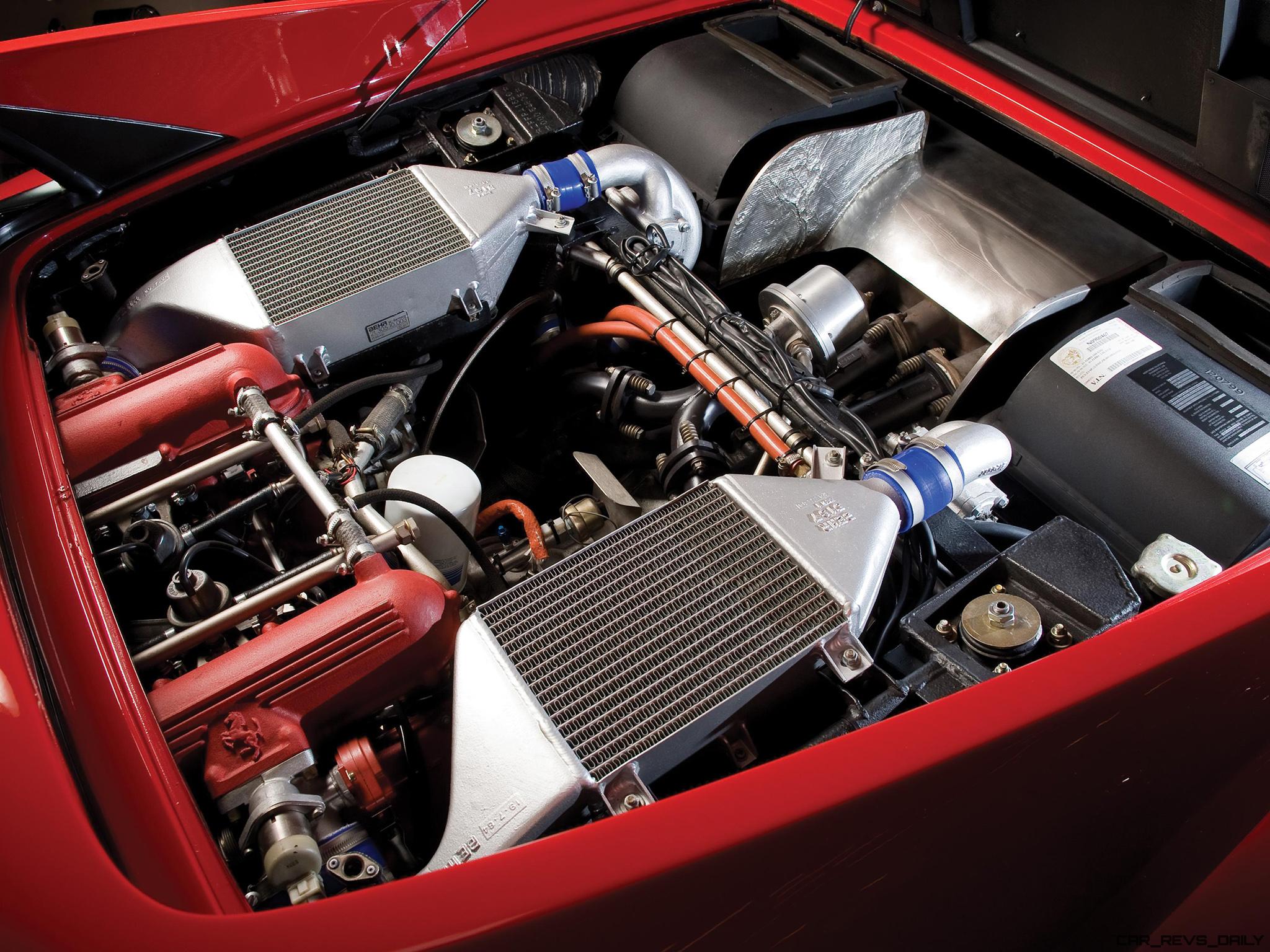

Scott Huntington is a writer and car fanatic from Harrisburg, PA.

